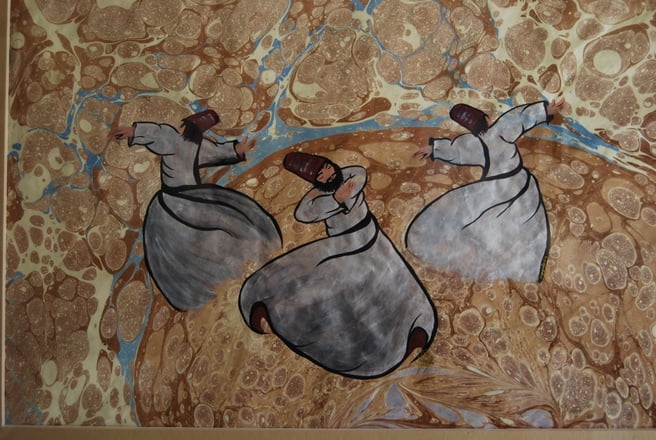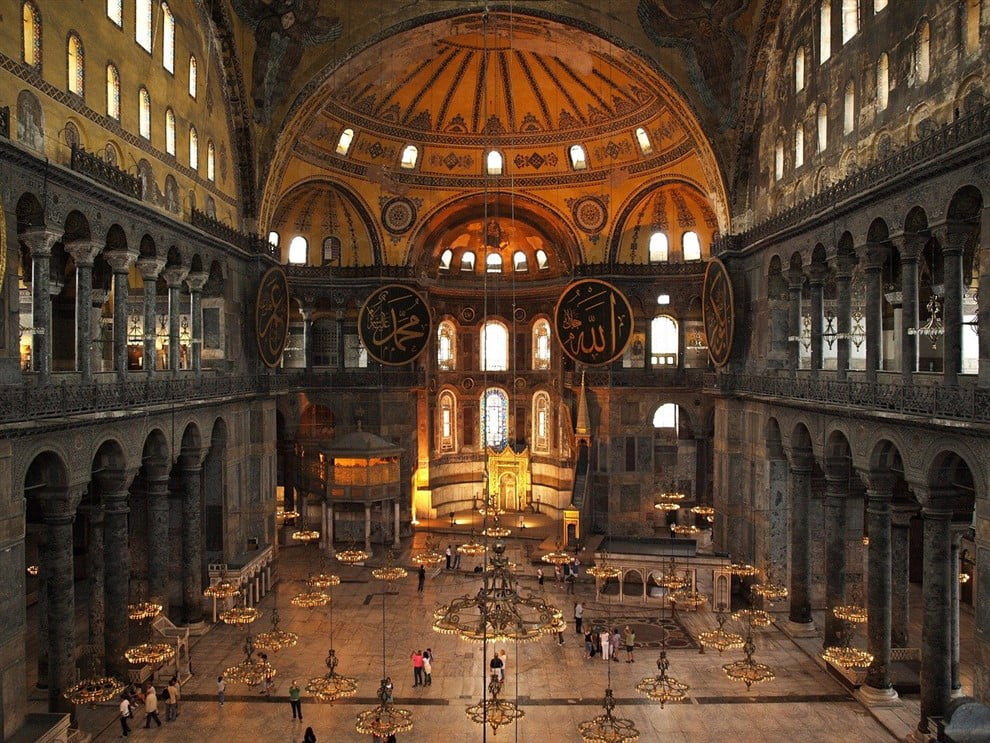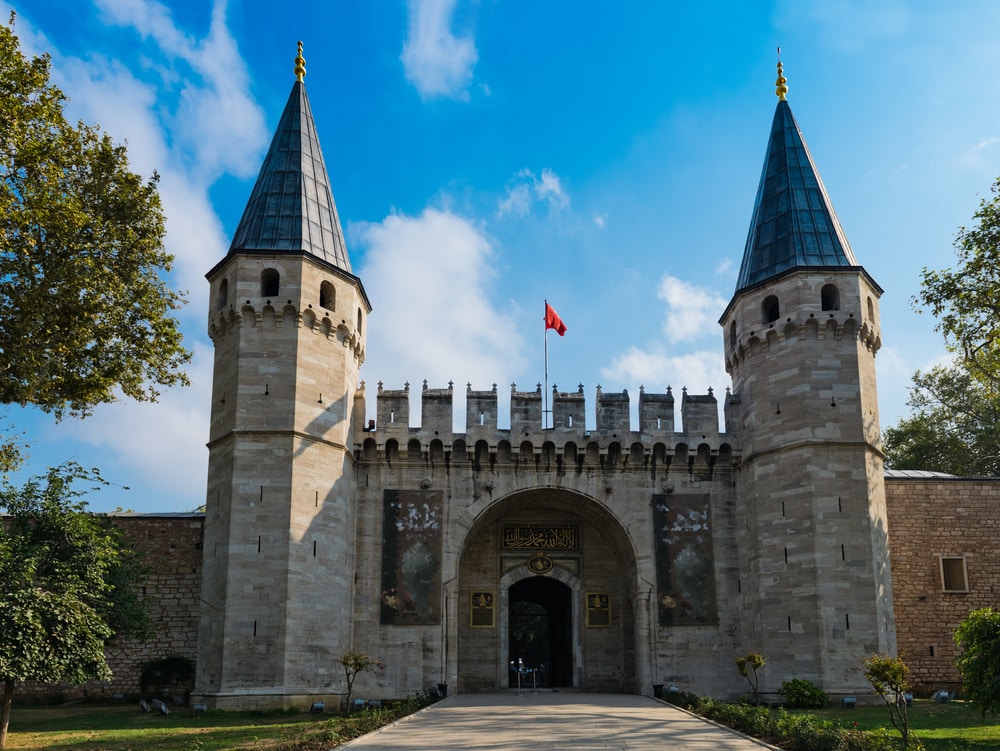Turkish Culture and Tradition
Turkey is a country with a rich and diverse culture that is influenced by its unique history and geography. The country is located at the crossroads of Europe and Asia and has been home to various civilizations throughout its history, from the ancient Greeks and Romans to the Ottoman Empire. One thing you will soon realize when visiting Turkey is part of the Turkish culture involves being sociable.

Turkish people love to meet new friends and think nothing of spending half the day talking to a complete stranger while putting the world to rights. People who come from countries that are reserved may be in awe of the friendly nature shown to everyone. With this in mind, I have put together a guide on Turkish culture and social traditions you will encounter when visiting Turkey. You will hear this phrase often in Turkey, more so if you visit traditional Turkish restaurants and bars rather than establishments aimed at tourists. It means “welcome” and the phrase that you should return is “Hos bulduk” which means we feel welcome. Don’t get nervous if you forget this term or forget to say it as Turkish people realize that not every foreigner knows the Turkish language. Finally, hospitality is a key aspect of Turkish culture. Visitors to the country are often greeted warmly by locals, who are known for their generosity and kindness. Turkish people take pride in their culture and are happy to share it with others. Share it with others.
Finally, hospitality is a key aspect of Turkish culture. Visitors to the country are often greetedwarmly by locals, who are known for their generosity and kindness. Turkish people take pride
in their culture and are happy to share it with others. You will probably find yourself invited to a wedding or a circumcision party by a Turkish person even if you have only known them for a couple of days. The motto here is the more the merrier and the word stranger is not even thought of. Whether alcohol will be at the venue is dependent on the family and their background. If there is anything you need to know at the time, then someone at the event will inform you of what is happening. As a present to give to the guest of honor, buy small pieces of gold from a jewelry shop or give them money. Wrapped presents and cards are not widely recognized in Turkey. Turkish people invite anybody and anyone around to their house. It might just be for breakfast or a formal evening meal. Remember to say Hos bulduk when entering in response when they tell you that you are welcome. Shoes in the house are generally not allowed. Instead you will be given a pair of slippers.
One of the most distinctive aspects of Turkish culture is its cuisine. Turkish food is known for its rich flavors and the use of fresh ingredients, such as herbs, spices, and vegetables. Some of the most popular Turkish dishes include kebabs, mezze platters, and baklava. Turkish tea is also a staple of the country's culture, with tea houses serving as popular meeting places for locals. If you are going around for dinner, make sure you have a big empty stomach. Dishes after dishes will be wheeled out for you and Turkish people do not take no for an answer. The main meal will be big and then afterwards will be popcorn, nuts, fruits, cake followed by tea and Turkish coffee.
Art and architecture are also important aspects of Turkish culture. The country is home
to numerous historical and cultural sites, such as the ancient city of Ephesus,
the Topkapi Palace, and the Blue Mosque. Turkish architecture is known for its use of intricate
designs and patterns, which can be seen in buildings such as the Rüstem Pasha Mosque
and the Süleymaniye Mosque, hagia sophia, topkapi palace etc and etc
Turkey has advanced tremendously over the last 15 years and this has caused intense discussion in some circles as to whether modern and urban development is killing culture and traditions. The positive kickback to these concerns is many people from the older generations are making a concentrated effort to keep old traditions alive and one of them is Ebru painting, a creative art-form dating from the Ottoman Empire. In the West, ebru painting call Paper Marbling but the process is exactly the same. Paints on placed onto the surface of a thick liquid and swirled into patterns or designs before a thin canvas is placed on top. The canvas instantly absorbs the patterned paints and while the concept might seem easy, it takes practise to perfect. apparently only extremely creative artists of the Ottoman era, used to paint like this but in later years, it spread into normal everyday society as a hobby.


Another defining aspect of Turkish culture is its traditional music and dance. Turkish music includes a mix of Eastern and Western influences, with instruments such as the oud, saz, and darbuka used to create unique sounds. Turkish folk dances, such as the horon and halay, are an important part of the country's cultural heritage and are often performed at weddings and other celebrations.
Religion also plays an important role in Turkish culture. The majority of the population is Muslim, with mosques and other religious sites located throughout the country. One of the most famous religious sites in Turkey is the Hagia Sophia, a former Orthodox church that was converted into a mosque and is now a museum.
In conclusion, Turkish culture is a fascinating blend of history, geography, and tradition.
From its cuisine to its music and dance, the country has a rich and diverse cultural heritagethat is worth exploring. If you are interested in learning more about Turkish culture,
there are many resources available online and in-person that can help you delve deeper
into this fascinating subject.


Comments
Post a Comment